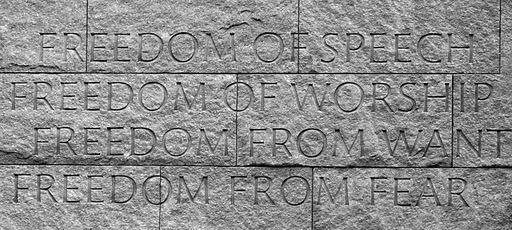Serbia-Kosovo agreement: political breakthrough or jobs for the boys?
By Sean L Hanley, on 25 April 2013

Photo:Valdete Hasani CC BY-SA 3.0
The widely hailed agreement reached betweeen Serbia and Kosovo entrenches the power of clentelistic elites and is no real cause for celebration argues Eric Gordy .
The agreement signed last Friday between Serbia and Kosovo has been widely interpreted as a major breakthrough. In some respects it is, as it paves the way for resolution of a dispute over the status of the northern municipalities in Kosovo and for both countries to forge their paths to eventual membership in the European Union. In other ways it does not, as it comes too late and does too little to fundamentally alter the situation.
The agreement responds to a gesture made by outgoing prime minister Vojislav Koštunica when Kosovo declared independence in 2008, when he established parallel institutions of government and law enforcement in four municipalities along Kosovo’s northern border where about 40% of the ethnic Serb population is concentrated.
The move had two purposes: 1) to create an electoral base for his Democratic Party of Serbia (DSS), which was otherwise marginal and Belgrade-centred, and 2) to place a long-term obstacle in the way of any eventual agreements about Kosovo’s status.
The government that followed him, nominally opponents of Koštunica, left his parallel structures untouched in the vain hope of expanding its own base to encompass parts of the scattered “patriotic bloc”. It was only with the return of right-wing parties to power in 2012, paradoxically, that some movement occurred: they saw in an eventual agreement with Kosovo a chance both to satisfy powerful international political actors and to marginalise their potential competitors in the Church and on the far right.
So after fourteen years of waiting and five years of negotiation, what does the agreement involve? According to the unofficial text (no official one has been released, so everyone has been using the version published by the Kosovo paper Gazeta Express, it is mostly an agreement about the establishment of lobbies and the employment of personnel. (more…)
 Close
Close


